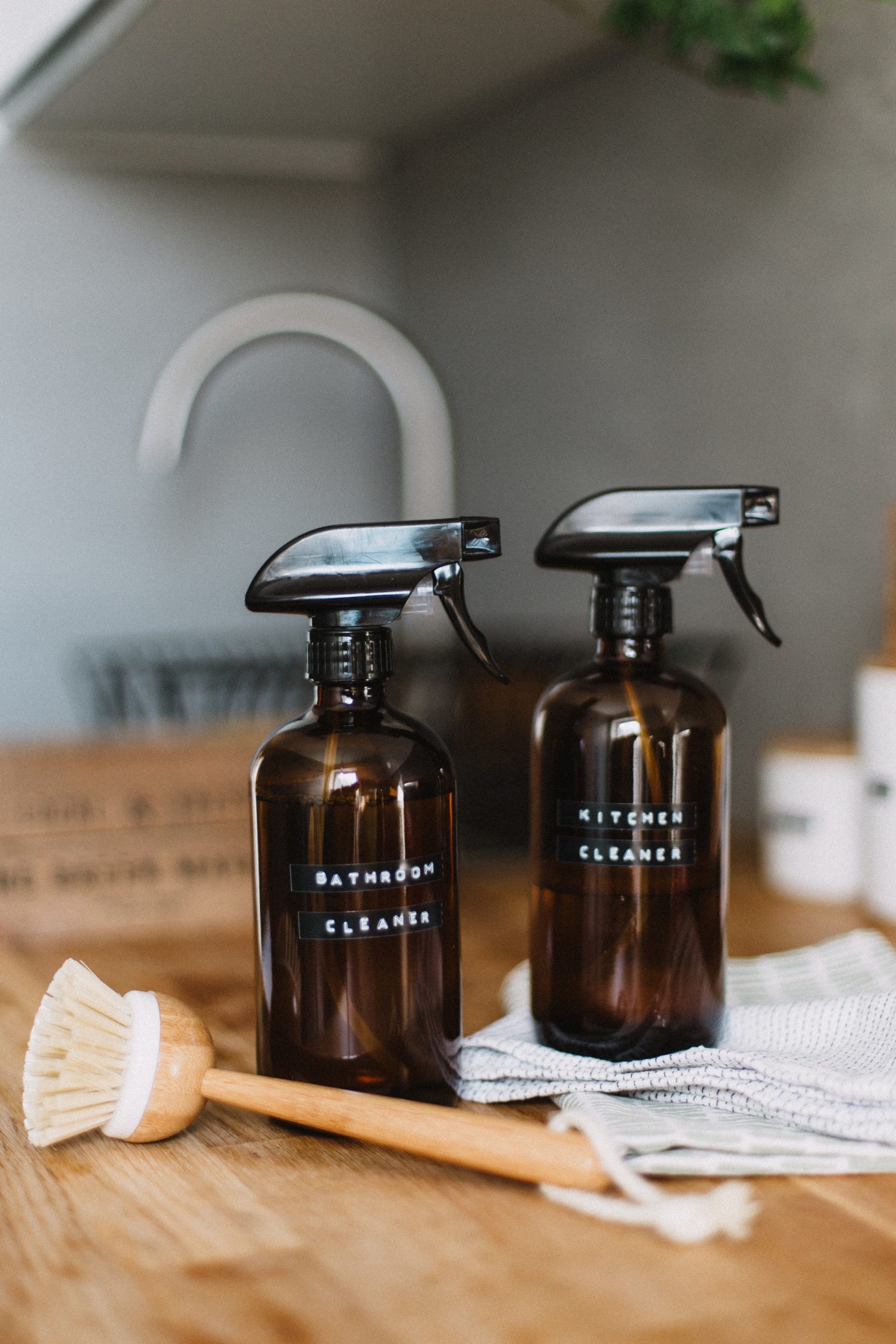Things the conservation-minded like myself have been peddling for what feels like millennia to lukewarm reception and incorrigibility:
- Zero or near zero single-use paper products. Replace with reusable utility clothes, rags, napkins, and towels. Have these in sufficient quantities that laundry need only be done once every two weeks. For reasons of both conservation, economy, and plumbing, we’ve used single-ply, fully and near instantaneously dissolvable toilet tissue for years. A roll lasts longer and is easier on the environment, your sewer lines, and your municipal water-treatment facilities. This is, however, an excellent time to consider an easy to install toilet-mounted bidet, that we might join the rest of the civilized world who are presently laughing hysterically at us.
- Rely on simple but effective cleaning agents that both facilitate modern standards of sanitation and work without excessive labor. Instead of aerosols and premixed spray bottles, buy liquid cleaners in half-gallons and gallons, preferring soluble powders and concentrates whenever possible. Have reusable spray bottles on hand. There are simple formulas for all sorts of task-specific applications. You needn’t abandon all the most staid outcomes of scientific inquiry for the often absurdist claims of the “greens.” Bleach, ammonia, ethyl alcohol, peroxide, vinegar. As has become self-evident in the past days from Lysol sales alone, there are no eco-quacks in plague-stricken, quarantined foxholes. Rather than eliminate the most effective devices of modern chemistry, try simply minimizing their use. There’s sufficient and there’s excessive and neurotic. Most cleaning does not require strong chemical agents, but it’s very good to the have the option when it is required.
- Thick, well-sized reusable rubber gloves. These can be readily sterilized for most applications by wiping with an antiseptic like bleach. Don’t use alcohol, as this dries out and embrittles rubber. Check frequently for punctures or tears. Keep them away from sunlight and heat. Keep several pair on hand. Reusable nitrile gloves, while less conservation-minded, are latex-free and typically treated with anti-bacterial and anti-mildew coatings. They’re also the most puncture resistant and can be boiled or sterilized in a steam bath or high-heat setting on the dishwasher. The Spectra® Fiber gloves used by food processors can improve safety in the kitchen, minimizing the risks of gloveless food handling. They are light-weight, low-linting, cut and puncture resistant, and the fibers do not absorb liquids. They can be washed and bleached for years of use.
- Soap, specifically real soap in bar form is among the cheapest, most reliable, smallest footprint, and most conveniently stockpiled of cleaning agents. Moisturizing bars and body washes are just soap with lotion. Buy bar soap and solid or cream lotions and voilà, you have a general purpose cleaner than can be acquired in bulk and stored easily… and your skin won’t crack when you use it on yourself.
- Both sterile and non-sterile medical supplies and manuals of first aid are important things to have on hand at all times. Now that we all know that just because a doctor’s office, urgent care facility, or hospital emergency room are usually conveniently accessible, this is not always a given. Most non-pharmaceutical medical supplies do not expire.


